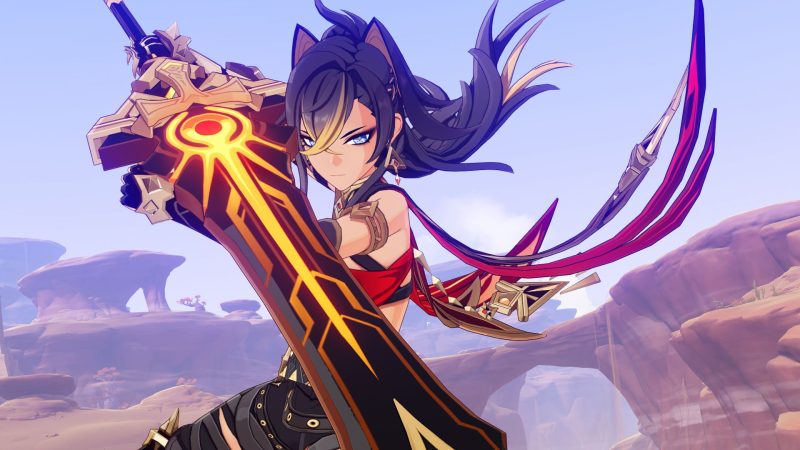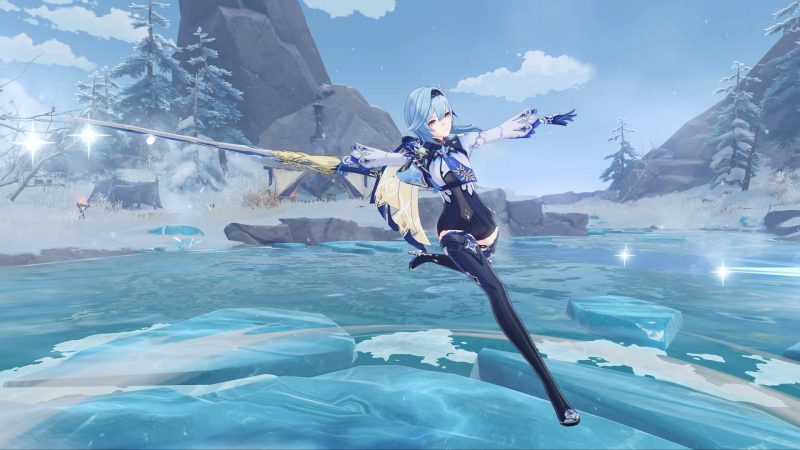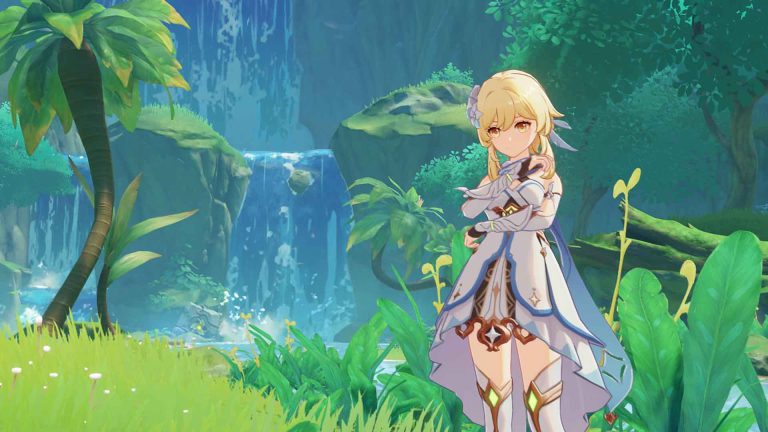Genshin Impact, the gacha-driven online action-RPG by developer miHoYo, has become a global gaming sensation since its launch three years ago. Its revenue stream, which flows at a pace estimated to exceed $85 million a month, paints quite an enticing picture of a lucrative, profitable venture – the ideal game for every video game company. However, this glamorous surface appears to conceal a murkier reality.
Earlier this month, two voice actors from the Genshin Impact crew – Corina Boettger and Brandon Winckler – took to Twitter to express their mounting frustrations. They lamented over the substantial sums owed to them for their contributions to the game, payments that had been long overdue. Boettger, the voice behind the popular non-playable character (NPC) Paimon, and Winckler, who voices various minor characters, conveyed their struggles in these digital echoes of despair, calling the lack of payment “inexcusable.”
Winckler outlined his unsuccessful attempts to reach out to miHoYo, having sent multiple emails to have his overdue pay sent to him, all of which were met with silence. In the face of such adversity, Winckler decided to cease his involvement with Genshin Impact, unless the game became a “union production” with sufficient protection for its contributors.
After a fifth email with no response, This is regarding Genshin Impact. Inexcusable for us as actors to be waiting 4+ months for pay when you make $86 million per month. Unfortunately, this is not an uncommon problem- (thread) https://t.co/BPBW3WibG9
— Brandon James VO (@brandonjaytheva) July 13, 2023
In a similar vein, Boettger too, expressed frustration over the situation, indicating they had worked for “months” unpaid on a “big project” – later identified as Genshin Impact in follow-up replies. Boettger’s call for unionization echoed Winckler’s sentiments, emphasizing that the game should become a Screen Actors Guild (SAG) production to prevent such payment issues.
The game’s developer, Hoyoverse, has refuted the allegations, suggesting the fault lies with the recording studio used for voiceover work. They argued that they have been consistent with payments to the studio and are pressuring it to ensure that the actors receive their due compensation.
However, as the backlash mounted, Hoyoverse eventually relented and helped further things along. In an update sent to Sports Illustrated, Boettger has received an update about their payments and that “things are being fixed,” at the moment.

It remains unclear if this is the end of the saga or if more will step up and call out HoYoverse for not making sure that their actors get paid.
As we delve deeper into the voice actors’ allegations, the issue seems less about assigning the blame – be it the developers, publishers, or a third-party – and more about the larger systemic problems plaguing the gaming industry. The delay in the payments and the absence of substantial protection for voice actors underline the need for unionization, as suggested by Boettger and Winckler.
In the spotlight of this controversy, the critical question remains – how long before the industry acknowledges and fixes the systemic issues impacting its contributors? As it stands, this dispute serves as a reminder that even within the digital realms of fantasy, the real-world struggles for fairness, respect, and due compensation persist.

This incident reminds us somewhat of Bungie only responding and making sure that an artist gets their due after it was called out by the community for allegedly plagiarizing the artist’s work.
It’s ironic that an industry built on the backs of artists and creatives is struggling to recognize the importance of the people who breathe life into it. As more incidents like these happen, we can’t help but wonder if unionization, as previously mentioned, is the only way to solve the problem, or if companies simply need to do a better job at holding themselves accountable.

